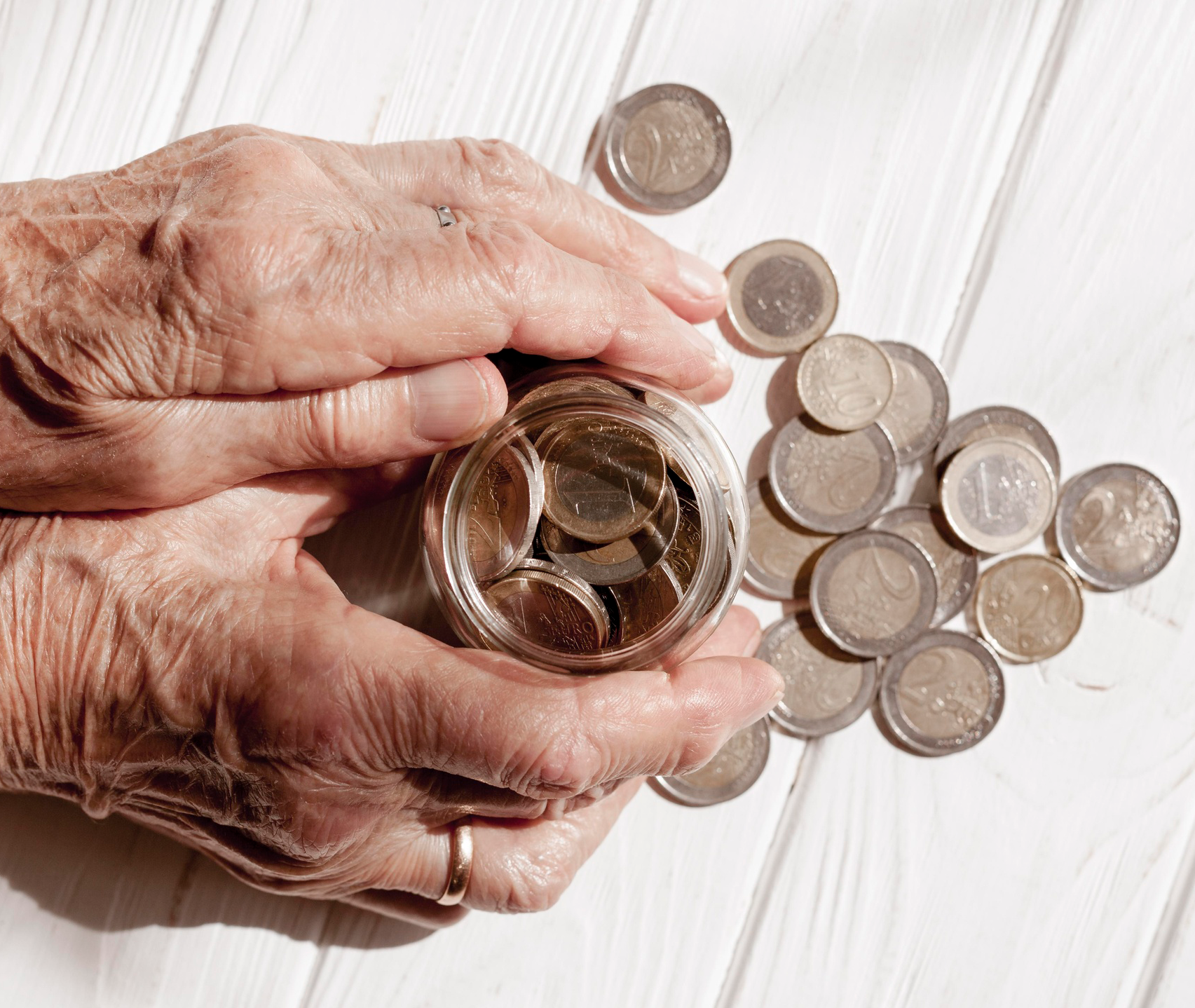Keep Your Pet Disease Free
Did you know many diseases can be spread to people from pets? Here are a few ways you can decrease the risk of transmission so you can protect your pets and your human family members.
When the COVID-19 pandemic hit, many of us with pets wondered if our dogs and cats would be at risk.
ASPCA® Pet Health Insurance With Multiple Discounts
Enjoy peace of mind with a 10% alumni discount plus additional savings for multiple pets.
According to the CDC, there are a small number of dogs and cats reported
to be infected with the virus, especially after close contact with people
with COVID-19.
some situations.
So while there is still much to be learned about the virus, it’s best to follow the rules veterinarians recommend to prevent the spread of any illness from people to their pets.
Stay Safe at Home
- Wash your hands! It sounds basic, but hand washing (and sanitizing) works. Always wash your hands before and after feeding, handling, or cleaning up after your pets, and also before eating or preparing your own food.
- Use preventive care. Visit your veterinarian routinely to ensure your pet’s vaccinations are up to date, and use recommended flea, tick, and parasite preventative medications. Be sure to regularly clean your pet’s food and water bowls, litter boxes, bedding, and toys.
- Avoid dangerous situations. Don’t let your pets roam freely; keep them away from wildlife like foxes, racoons and skunks that may carry diseases.
- If you’re sick, limit contact with your pets. Humans can’t catch colds from their dogs and cats, and vice-versa. But if you’re sick, experts say it’s advisable to limit contact with your pet. Until more is known about animals and COVID-19, the CDC recommends people who think they could possibly have the virus avoid contact with pets. If you need assistance caring for your pet, enlist the help of someone outside your home.
Stay Safe When You’re Out
Like other members of your family, pets should also follow social distancing guidelines recommended by the CDC:
- Limit interactions outside of your home. While it’s still important to provide your pet with opportunities for exercise and stimulation, try limiting interactions with other people or pets outside of your home.
- Walk dogs on a leash. Reduce the risk of an unwanted encounter by keeping your dog leashed and maintaining at least six feet of distance between other pets and people.
- Avoid crowded public spaces. Resist the temptation to visit areas like dog parks where lots of pets and people gather. And don’t let your dog use community water bowls.
- Keep cats indoors. When possible, keeping your cats in the house prevents them from interacting with other animals or people.
Now more than ever, it’s important to keep your furry friends healthy. But even if you follow the precautionary measures, some ailments are unavoidable. A comprehensive Pet insurance plan can reduce the stress associated with unexpected illnesses and associated veterinary bills. Pet insurance can cover up to 90% of vet bills from unexpected injuries and illnesses, including viruses like COVID-19.
Source: Centers for Disease Control, https://www.cdc.gov/coronavirus/2019-ncov/daily-life-coping/animals.html, accessed 5/15/2020.


